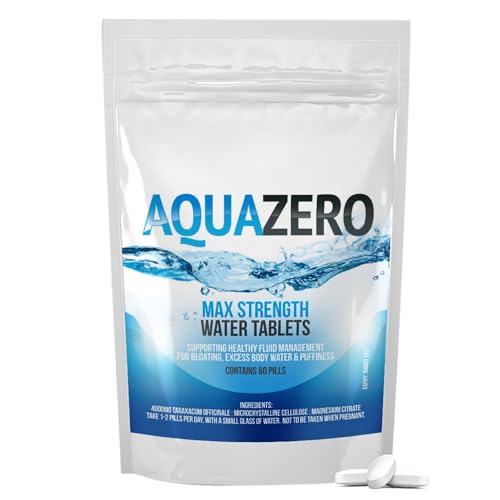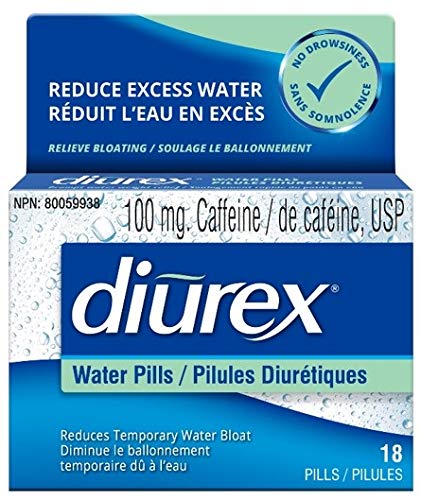Understanding Diuretic Pills: What They Are and How They Work
What are Diuretic Pills?
Diuretic pills, often referred to as ‘water pills’, are medications designed to help the body eliminate excess water and salt. They are commonly prescribed to treat conditions such as high blood pressure, heart failure, and certain kidney disorders. By promoting urination, diuretics help reduce the volume of fluid in the bloodstream, which in turn can lower blood pressure and reduce swelling. It’s important to understand that this is not simply about getting rid of water weight; these pills impact the ways our kidneys function and how our bodies balance electrolytes.
How do Diuretic Pills Work?
The mechanism behind diuretics involves their effect on the kidneys. These medications are classified into several types based on their specific functions, including thiazide, loop, and potassium-sparing diuretics. For instance, thiazide diuretics work on the distal convoluted tubule of the kidney to inhibit sodium reabsorption, leading to increased sodium and water excretion. This action reduces fluid accumulation in the body and helps alleviate symptoms associated with fluid overload.
Benefits of Diuretic Pills: Explore Their Uses
How Diuretic Pills Help Manage Health Conditions
One of the primary benefits of diuretic pills is their effectiveness in managing high blood pressure. By reducing the volume of blood circulating in the body, diuretics can help lower blood pressure levels quite effectively. In addition to hypertension, they are also beneficial for people with heart failure, as they help prevent fluid buildup that can put additional strain on the heart. Other uses include treating conditions like oedema, which is swelling caused by excess fluid in tissues, and some forms of kidney disease.
The Convenience of Diuretic Pills for Wellness
In addition to their medical uses, some people turn to diuretics for weight control, as they can lead to rapid water loss in the body. However, it’s crucial to remember that any weight lost is typically temporary and mostly water weight rather than fat loss. Diuretics also promote better hydration balance by helping to flush out unwanted substances from the body, supporting overall kidney function and health.
Choosing the Right Diuretic Pill for Your Needs
Understanding the Different Types of Diuretics
When selecting a diuretic, it’s vital to consider the specific type that best suits your needs. Loop diuretics are often used for tackling conditions like heart failure due to their potent nature, while thiazide diuretics may be preferred for hypertension management. Potassium-sparing diuretics are great for individuals worried about potassium loss, as they help retain this vital mineral. It’s always recommended to consult with a healthcare professional to ensure you are choosing the right type for your situation.
Considerations for Dosage and Treatment Plan
Another consideration in your choice should be the dosage and treatment plan customised for your health needs. Diuretics often begin with a low dose to monitor your body’s response, which can later be adjusted by your healthcare provider. It’s essential to follow their guidance closely to ensure effectiveness while minimising any potential side effects such as dehydration or electrolyte imbalances.
How to Incorporate Diuretic Pills into Your Daily Routine
Building a Consistent Schedule
Incorporating diuretic pills into your daily routine starts with building a consistent schedule. Taking your medication at the same time each day can help ensure it becomes a part of your regular habits. Morning might be the best time since diuretics can increase urination. Establish reminders if you find it challenging to remember your medication, or consider keeping your pills in a visible location, such as near your toothbrush, to trigger your memory.
Complementary Lifestyle Changes
Alongside taking diuretic pills, it’s beneficial to adopt complementary lifestyle changes to maximise their effectiveness. Staying properly hydrated is essential, even with increased urination, as it helps maintain electrolyte balance. Eating a balanced diet rich in potassium, such as bananas and spinach, can also help offset any potential loss from diuretics. Regular physical activity aids overall health and can enhance the benefits of your treatment.
Frequently Asked Questions About Diuretic Pills
What Should I Discuss with My Doctor?
When considering diuretic pills, it’s critical to engage in a thorough conversation with your healthcare provider. Discuss any existing health conditions, other medications you may be taking, and your health goals. This ensures that your diuretic choice aligns with your overall health strategy, especially since these pills can interact with various other medications.
Are There Side Effects to Be Aware Of?
While diuretic pills can be beneficial, they may cause side effects. Common issues can include frequent urination, dehydration, low potassium levels, or dizziness. Monitoring these effects and reporting any concerns to your healthcare provider is crucial for managing your treatment effectively. Regular follow-ups will help ensure that any necessary adjustments can be made to your plan.























